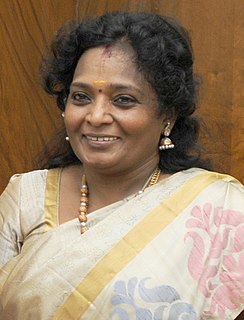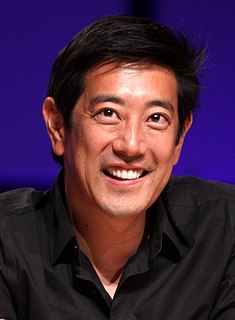A Quote by Michio Kaku
Virtual reality and augmented reality will change the way we shop.
Quote Topics
Related Quotes
We have artificial intelligence, virtual reality, augmented reality, 3D-printing, robotics and nanotechnology that have changed the face of modern medicine. It is essential for Indian doctors to familiarise themselves with the latest developments to be able to control technology and not the other way around.
Art is the principal way in which the human mind has tried to remake the world in a way that makes sense. The carefully edited, slow-motion, action replay of a rugby tackle, a car crash or a sex act has more significance than the original event. Thanks to virtual reality, we will soon be moving into a world where a heightened super-reality will consist entirely of action replays, and reality will therefore be all the more rich and meaningful.
The simulator is the stage in-between television and virtual reality, a moment, a phase. The simulator is a moment that leads to cyberspace, that is to say, to the process because of which we now have two bottles instead of one. I might not see this virtual bottle, but I can feel it. It is settled within reality. This explains why the word virtual reality is more important than the word cyberspace, which is more poetic.
If you're having a very high-adrenaline, high-movement experience in virtual reality, and then all of a sudden you're back in your office, that disconnect is pretty notable. Whereas if you're using it for virtual reality teleconferencing... there's really no kind of impact moving back and forth between the real and the virtual world.
At its very core, virtual reality is about being freed from the limitations of actual reality. Carrying your virtual reality with you, and being able to jump into it whenever and wherever you want, qualitatively changes the experience for the better. Experiencing mobile VR is like when you first tried a decent desktop VR experience.


































